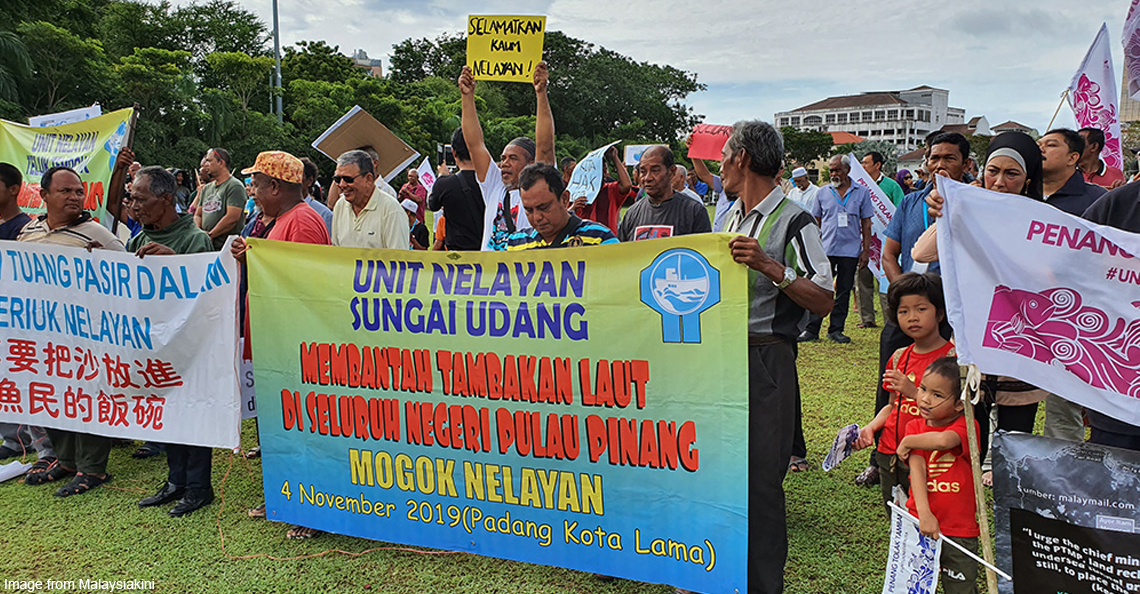Tons of Msian veggies are being smuggled into Singapore each year. Here’s why.
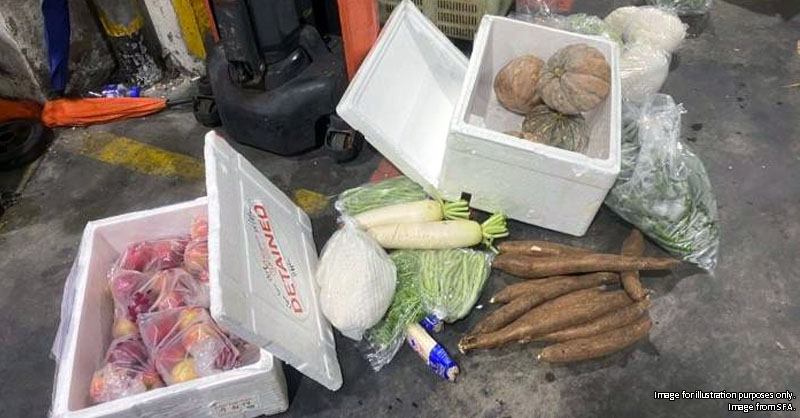
- 66Shares
- Facebook38
- Twitter7
- LinkedIn7
- Email7
- WhatsApp7
About a week ago, two trucks from Malaysia heading into Singapore were stopped at Woodlands Checkpoint, and from those trucks, Singaporean authorities seized 1.6 tons of illegal contraband. The contraband? A wide array of vegetables, including kailan, spring onion, pandan leaves, red chili, carrots, tomatoes, long beans and Beijing cabbage.
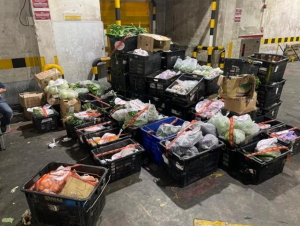
According to a press release by Singapore’s Immigration & Checkpoint Authority (ICA), the bust was part of an ongoing joint operation with the Singapore Food Agency (SFA) and said that people who illegally import fresh fruits and vegetables into the country can be slapped with a maximum fine of $10,000 and/or a jail time of up to three years.
When we saw this piece of news, we were puzzled. Why would it be unlawful to bring fresh produce into Singapore? The reason’s pretty simple, really…
Singapore doesn’t want to import in produce with too much pesticide
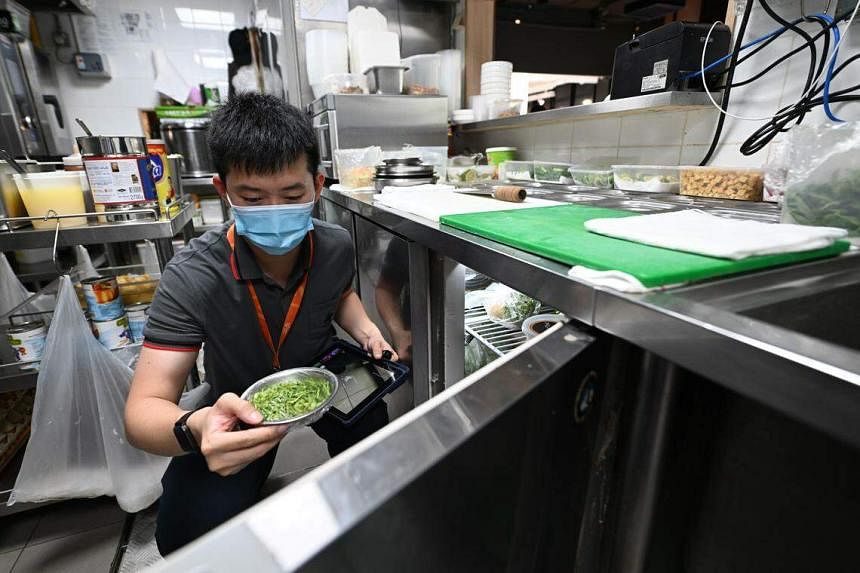
As it turns out, the SFA has very strict standards for their food imports, and one of their no-nos is produce that have been subjected to pesticide abuse which, said SFA, could lead to adverse health effects when consumed.
“The long-term ingestion of excessive pesticide residues through the consumption of vegetables that have been subjected to pesticide abuse could lead to adverse health effects,” – The SFA, in response to Channel News Asia’s queries
According to an article in 2020, the SFA receives, on average, about 20 to 30 samples of vegetables for testing every day. If a sample is found to be safe, the consignment is given the green light for sale. If not, the whole batch of vegetables are rejected, and feedback is given to the farm that grew them. These routine checks are also interspersed with surprise spot checks by the ICA to minimize the chances of contaminated produce being sold in Singapore’s markets.
With these stringent measures in place, you’d expect the SFA to come across little to no vegetables with excessive pesticide during their inspections, but they rejected 497 consignments from Malaysia in 2020 alone. And believe it or not, fussy Singaporean aunties are partially to blame for this phenomenon.
Singaporeans like pretty veggies, and veggies need pesticide to be pretty
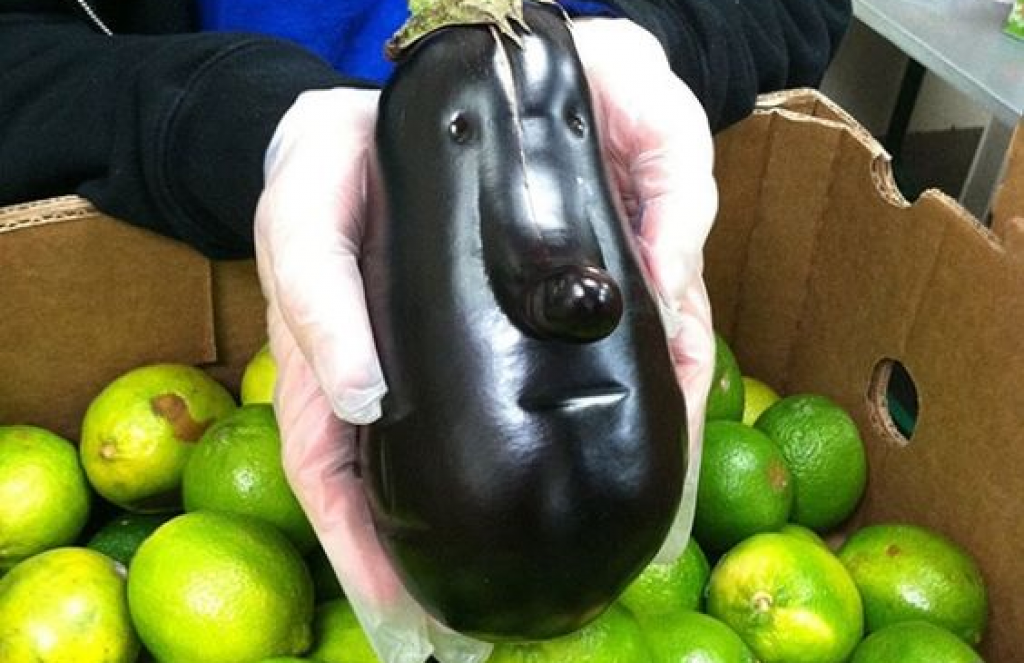
When given a choice, no one (including Singaporeans) likes buying veggies or fruits that look… off. A bayam that has a slightly yellowing leaf? Pass. A bunch of bananas featuring one banana with some brown spots? Nah. And the thing is, it’s hella hard to grow crops, not to mention good looking crops, without pesticides. Even though overusing these chemicals is undeniably dangerous for both people and the environment, they’re needed to protect crops from insect pests, weeds, and fungal diseases.
“They were forced to do it … They want to make a living,” he said. “If the vegetables don’t look fresh, the Singaporean boss won’t pay (them) well because the quality isn’t great … The price depends on the quality.” – Calvin Chan, in an interview with Channel News Asia
This demand for ‘pretty’ veggies has resulted in this form of smuggling – aside from companies, some individual drivers have even done it on a smaller scale themselves. Hamid, (not his real name) a Malaysian driver, said that he used to do it ‘five to ten years ago’, and customers in Singapore would request him to pick up the vegetables from wholesale markets in Johor and deliver the goods straight to their restaurants or stalls. These veggies would then be sold at a cheaper price compared to their counterparts that were brought into the country legitimately.
Honestly, we don’t really see this stopping anytime soon. Regular consumers want nice-looking produce without paying organic veggie prices, and vendors like hawkers are motivated to keep their food prices competitive, so they’re even more unlikely to be buying pesticide-free veggies. Our advice for any Singaporean friends reading this – just wash your greens before you cook ’em, and hope for the best.
- 66Shares
- Facebook38
- Twitter7
- LinkedIn7
- Email7
- WhatsApp7



